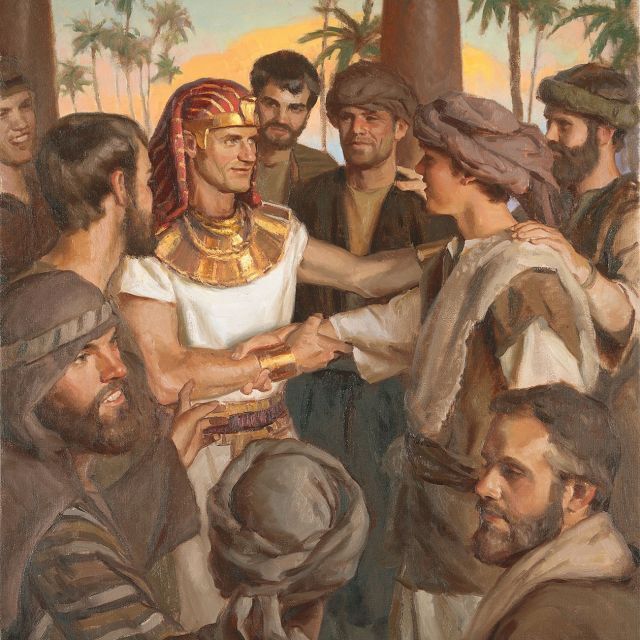Editor's note: This article was originally published in the March 2022 Liahona Magazine of The Church of Jesus Christ of Latter-day Saints.
As a conflict mediator, I have gleaned much wisdom regarding how to transform conflict and invite reconciliation from looking at the example and teachings of Jesus Christ in the New Testament. However, the New Testament isn’t the only book of scripture that has guided me over the course of my career. The Old Testament has some surprisingly profound insights that can help us when we get ourselves stuck in destructive conflict.
What is destructive conflict? It’s when our inability to collaboratively solve problems with others leads us to hurting others or ourselves.
With destructive conflict comes a fear of pain both in anticipation and as a consequence of the conflict, a fear of not being loved or seen the way we want to be seen, and a fear of failing to find solutions to the problems that beset us. When we let that fear take hold, we no longer feel equipped to solve the problems that we face and often experience emotions of despair, shame, or helplessness.
That sort of conflict feels dangerous for most people, which is why we end up using unhelpful conflict styles like avoidance, accommodation, or competition as a way of trying to make the conflict go away. Unfortunately, in destructive conflict, none of those solutions are really going to work.
Yes, we should avoid contention (see 3 Nephi 11:29). But we should never avoid, give up on, or attack the people we are in conflict with. Instead, we need to learn how to love the people we are in conflict with. It requires the application of charity, the pure love of Christ, toward our enemies (see Moroni 7:47).
Read the Liahona article here.
You can hear more from BYU–Hawaii professor Chad Ford here or in the player below.

